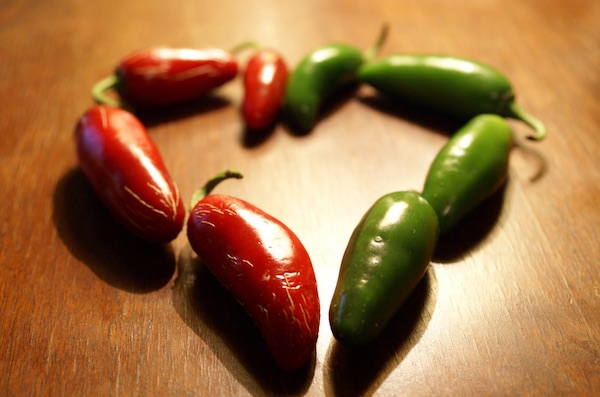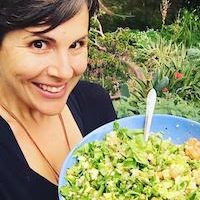
In January 2004, I was diagnosed with Multiple Sclerosis.
MS is an autoimmune disease where the immune system attacks the myelin sheath surrounding the nerves within the brain and spinal cord, and currently has no known cure.
I had sold my house and purchased a van, set to travel Australia with a friend of mine—and the news was both shocking and terrifying.
How could this happen?
Why did this happen?
What did this mean for my future?
Should I still go away on my trip?
What should I do now?
What will my future look like?
Will I be in a wheelchair?
Will I die early?
Will someone love me?
Will I be able to have children?
Should I?
What if I can’t care for them?
Would that be fair?
Many questions swirled around in my head and I felt so much uncertainty, but one thing kept coming back into my mind—if I had been born perfectly healthy, why had my body/immune system suddenly started to attack my brain?
What was it that had turned my body into my enemy?
I didn’t know the answer, but through research and word of mouth I stumbled across the work of Professor Swank around dietary changes and positive outcomes for people living with MS. It made so much sense to me.
From there, I found Professor George Jelinek’s work and the Overcoming Multiple Sclerosis and Holism Study research and community, further linking diet, specifically saturated fats, with MS. It recommended a low fat, plant-based diet for decreasing the frequency and severity of MS relapses and increasing the overall wellbeing of people living with MS.
I immediately began making the transition.
I attended an MS retreat facilitated by Professor Jelinek in 2006, and learnt more about transitioning to a whole food, low fat, plant-based diet. Prior to this I had been obese, clinically depressed and anxious, living with chronic pain from fibromyalgia and spending the majority of my life sleeping the days away. I was so addicted to my old way of living—smoking, energy drinks and high fat, junk foods—that it took me another two years and going numb from the waist down, to finally commit completely to this new lifestyle.
I was no longer able to feel my legs, no longer able to feel myself use the toilet, barely able to walk without assistance, and looking into a crystal ball of ever-worsening disease and disability.
Being diagnosed with MS could have been the final nail in my coffin.
It could have destroyed me.
I spent most of my 20s sick, significantly overweight, unhappy and in chronic pain. Making the switch to clean, low fat, whole fruits and vegetables gave me my life back.
Eleven years from when I first attended that MS retreat, I am no longer obese, no longer depressed, no longer living with chronic pain, yeast infections, or debilitating fatigue, depression and anxiety.
I am no longer medicated.
I run between five and ten kilometres per day. I ride my bike in the mountains. I’m a mother to two beautiful boys. I no longer sleep the day away, I have an abundance of energy and my mind feels so much clearer.
It sounds like a cliche, but I don’t recognise the woman who was sitting in that doctor’s office in 2004, numb and terrified.
I feel stronger than ever before in my life and I am so grateful for every second of this life that I get to live. Before MS, I felt like death might have been a blessing for me, a way to escape from all the pain and discomfort I had been living with for so many years.
Changing my lifestyle completely was difficult, but it gave me the greatest gift I could ever have imagined. It gave me hope.
Of all the things I’m grateful for, 13 years down the track, it’s hope.
Life without hope feels unbearable to carry.
Chronic illness can leave you feeling hopeless, and that hopelessness can be debilitating within itself.
I am so grateful to Professor Jelinek and his research. I am so grateful to my family and friends, but more than all of this—I am so grateful for hope.
~
~
~
Author: Corinne Maree Nijjer

No comments:
Post a Comment